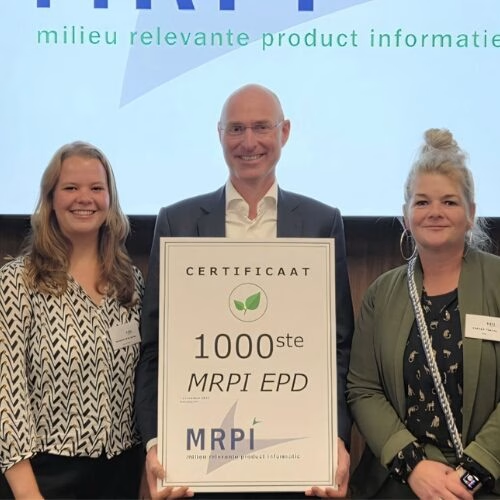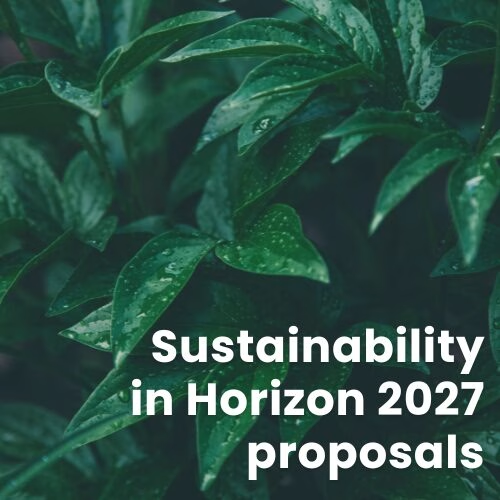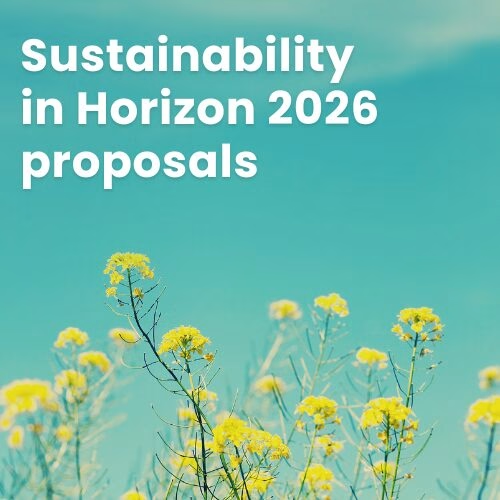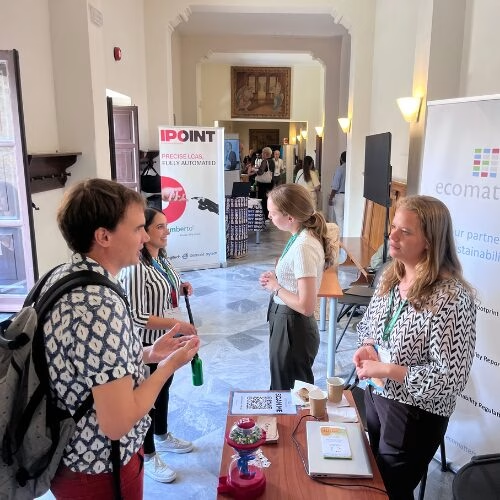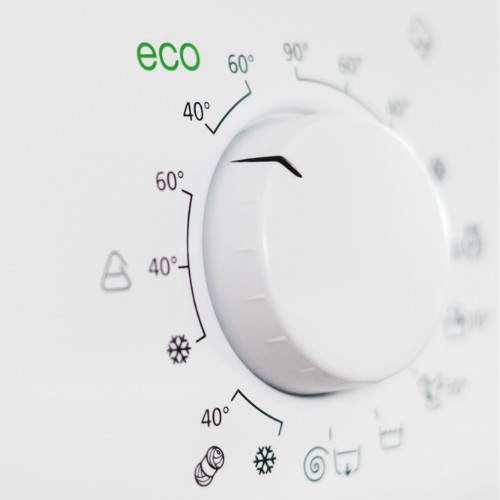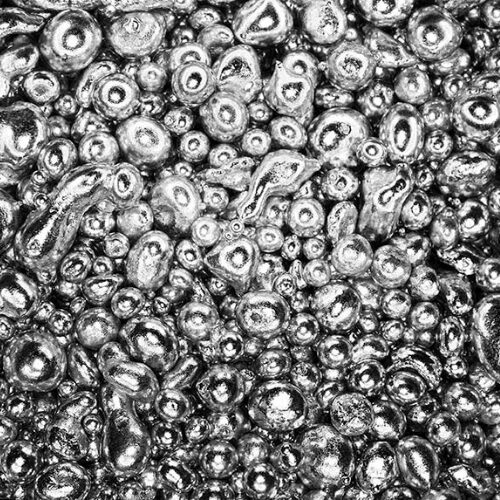Sustainable growth as advocated in the European Commission’s Green Deal requires decoupling economic growth from natural resource use and environmental degradation. Part of this transition is moving away from a linear take, make, and dispose model. Instead, the EU wants to make durable and sustainable products the norm. In that context, environmentally conscious design is very important because the design can dictate up to 80% of a product’s life-cycle environmental impact, due to raw materials, energy use and durability. Recently, the EU proposed the Ecodesign for Sustainable Products Regulation (ESPR) as part of the Sustainable Policy Initiative (SPI) in the Circular Economy Action Plan (CEAP). The ESPR proposal aims to stimulate the production and consumption of sustainable products that are (energy) efficient in use, last longer, rely on recycled materials instead of primary raw materials, and are marketed using circular business models. In this article, we cover the highlights from the ESPR and a range of topics related to it.
Making informed choices
Without clear and reliable information about the impact of products, consumers are not able to make sustainable consumption choices. Therefore, the ESPR sets requirements not only on how products should be made but also on lifetime-related information that should be provided with sustainable products.
A key principle in life cycle assessment (LCA) and other sustainability assessment methodologies is that the impact of a product should always be considered over its full lifetime. If the useful lifetime of a product is extended, the impact of this product is reduced relative to the function it provides. In this way, choosing durable products and extending the lifetime of a product ensures more sustainable consumption patterns. Therefore, the ESPR obliges sellers of products to adhere to labelling requirements and provide information on:
- Durability, in terms of the commercially guaranteed lifetime of the product.
- Repairs and updates, such as a reparability score, spare parts availability or repair instructions.
Digital product passports for safe and sustainable products
Availability and accessibility of circularity and sustainability data of products are necessary for successfully extending the product lifetime by means of repair, recycling, or other recovery strategies. For sustainable products regulated under the ESPR, such data should be captured in digital product passports (DPP). These passports will ensure that data can be shared easily across the value chain, benefiting producers, importers, distributors, repairers, remanufacturers and recyclers. It will also contribute to the EU’s environmental safety objectives because substances of concern can be tracked easier throughout the life cycle of materials and products, as advocated by the Chemical Strategy for Sustainability.
The Digital Europe Work Programme 2021-2022 has initiated a call for proposals for a DPP prototype covering 3 key value chains:
- Electronics (at least consumer electronics)
- Batteries
- At least one other of the key-value chains listed below
Measures for industry and authorities
The ESPR also includes measures to prevent and stop the destruction of consumer goods that are not sold. When large businesses want to get rid of unsold products, they will need to provide clarification about product discard volumes, reasons for discard, and alignment with the waste hierarchy (reuse, remanufacturing, recycling, energy recovery and disposal) of the disposed of products.
To boost demand for environmentally sustainable products, the ESPR aims to set mandatory criteria for the public procurement of specific groups of products. Such green public procurement criteria are currently voluntary, limiting their impact.
The ESPR is meant to work with existing sectoral legislative and policy initiatives, for example in key-value chains such as:
- Textiles
- Construction products
- Batteries
- Packaging
- Chemicals
- Consumer electronics
Preventing misleading claims
The EU also wants to tackle exposure to unjust information about the sustainability of products. The ESPR will prohibit misleading or vague environmental claims (such as “green product”, “eco-friendly product”, or “good for the environment”) that lack proper justification and verification in line with regulations. Instead, consumers need to be supplied with reliable and well-substantiated information about the characteristics of a product they intend to buy. Therefore, the Commission will develop more specific rules on green claims, relying on the Product and Organisation Environmental Footprint (PEF/OEF) methods. This ensures that the life-cycle environmental impact of products, including their carbon and environmental footprints, are calculated on a transparent, comparable, reliable and verifiable basis.
Next steps
The proposed ESPR is submitted to the Council and European Parliament for amendment and adoption, and follows the regular legislative procedure. Once the ESPR is adopted, the current Ecodesign Directive 2009/125 will be repealed. To facilitate a smooth transition, the Commission initiated an ecodesign and energy labelling working plan for 2022-2024. This shall ensure that, for example, existing multiannual working plans under the current Ecodesign directive can continue or be expanded where necessary.
In addition, new products will be covered under the ESPR working plans. To facilitate the selection of categories of products to be included in the framework at its first steps, a public consultation will be organised by the end of 2022. Textiles, furniture, mattresses, tyres, detergents, paints, lubricants, iron, steel and aluminium were already identified as suitable categories in a preliminary assessment by the Commission.






